Featured News
-
AICPA urges IRS to release contingency plan ahead of government shutdown
In a letter to the IRS, the AICPA urged the agency to release a contingency plan that would except 100% of its employees in the event of another government shutdown.
-
SECURE 2.0 amendment deadline extended for IRAs, other retirement plans
The IRS extended the deadline for SECURE 2.0-related amendments to IRAs, SEPs and SIMPLE IRAs to Dec. 31, 2027.
-
Survey: 56% of business economists expect AI to boost productivity, sales
Nearly three out of four respondents to a survey by the National Association for Business Economics expect that artificial intelligence will boost productivity this year.
-
IRS releases FAQ on qualified overtime pay deduction
An IRS fact sheet explains when overtime compensation qualifies for the H.R. 1 deduction and how Fair Labor Standards Act rules apply, including for federal employees.
-
Survey: Companies expect to double their AI spending in 2026
According to a new survey of 2,360 senior executives worldwide, companies expect to spend approximately 1.7% of their revenue on artificial intelligence investments this year.
-
IRS updates safe harbor explanations for retirement plan administrators
Notice 2026-13 updates safe harbor explanations for retirement plan administrators following tax law changes after Aug. 6, 2020.
-
US accounting undergraduate enrollment rises for third straight year
Accounting undergraduate enrollment in U.S. colleges and universities rose for the third consecutive year in fall 2025, according to data from the National Student Clearinghouse.
-
AICPA survey: Americans set ambitious financial goals in 2026
A new AICPA survey finds that 92% of Americans have financial goals for 2026, with the majority focused on saving (77%), including for retirement and vacations.
-
IRS issues guidance on new 100% first-year depreciation deduction
Notice 2026-11 details how taxpayers can apply the permanent 100% first-year depreciation deduction introduced by the One Big Beautiful Bill Act for property acquired after Jan. 19, 2025.
-
Fed’s ‘Beige Book’ report shows modest economic growth
Economic activity increased in most parts of the U.S., and employment was mostly unchanged in recent weeks, the Federal Reserve said on Wednesday, Jan. 14, in its “Beige Book” report.
